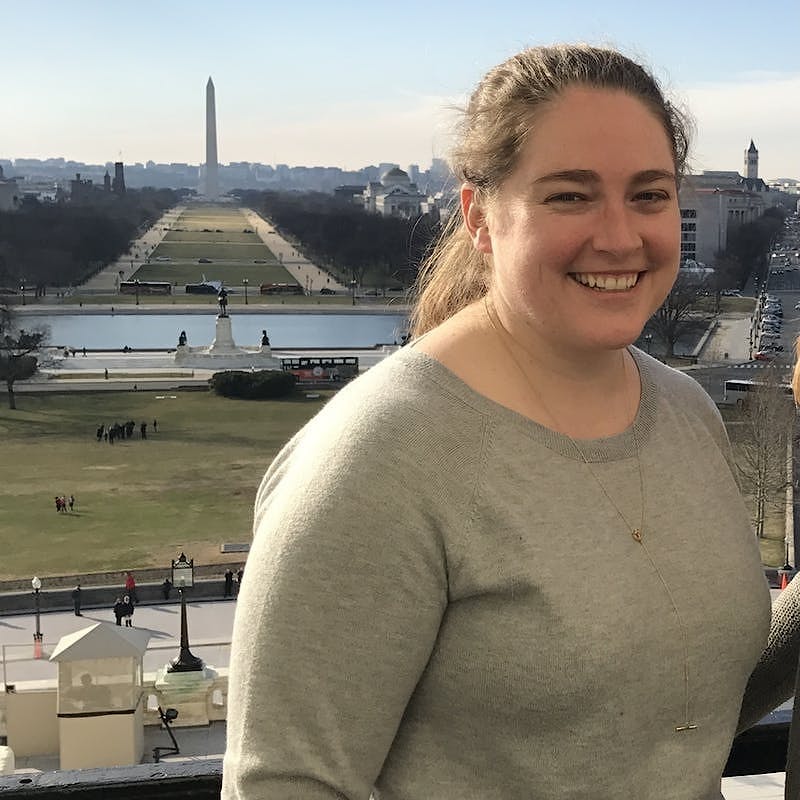Academy Board Meeting
12:00–3:00 p.m.
📍 Board Room, Academy Offices - 1600 K St NW, Washington, DC 20006
New Fellows Orientation
2:00–4:00 p.m.
📍 Stats A/B: The New Fellows Orientation welcomes and celebrates the induction of a new class of Fellows whose work exemplifies innovation, integrity, and a commitment to public service.
Check-In & Welcome
5:30 p.m.
📍 National Academy of Sciences - 2101 Constitution Ave. NW, Washington, DC 20418
Welcome Reception
5:30–6:30 p.m.
📍 Great Hall
Arthur S. Flemming Awards
6:30–7:30 p.m. (Available in-person and via livestream)
📍 Auditorium
Hosted by Susan Swain, CSPAN
Established in 1948, the Arthur S. Flemming Awards honor exceptional federal employees whose work exemplifies excellence in public service. Administered by the Trachtenberg School at George Washington University, the awards span fields such as applied science, engineering, and social science. With over 500 recipients to date, the program stands as a distinguished recognition of innovation and impact in government leadership.
Post-Awards Reception
7:30–8:00 p.m.
📍 Great Hall
Join us for light refreshments.
Continental Breakfast
8:30–9:00 a.m.
📍 Great Hall, National Academy of Sciences - 2101 Constitution Ave. NW, Washington, DC 20418
Plenary: Public Service Leadership
9:00 a.m.–9:45 a.m. (Available in-person and via livestream)
📍 Auditorium
Speaker

General (Ret.) McChrystal
Plenary: State of Public Administration
9:45–10:45 a.m. (Available in-person and via livestream)
📍 Auditorium
Speakers

James-Christian-Blockwood

Philip Howard

Francis Fukuyama

Vanessa Williamson
Brownlow Book Award
11:00 a.m.
📍 Auditorium
The Louis Brownlow Book Award
Since 1968, the National Academy of Public Administration has recognized outstanding contributions to the literature of public administration through the presentation of the Louis Brownlow Book Award. The Award recognizes outstanding contributions on topics of wide contemporary interest to practitioners and scholars in the field of public administration. Generally, it is made to an author who provides new insights, fresh analysis, and original ideas that contribute to the understanding of the role of governmental institutions and how they can most effectively serve the public.
Speaker

William Genieys
Plenary Panel: Bridging the Gap – State and Local Capacity in a Shifting Federal Landscape
11:10 a.m. –12:00 p.m. (Available in-person and via livestream)
📍 Auditorium
Speakers

Nisha Botchwey

David Adkins
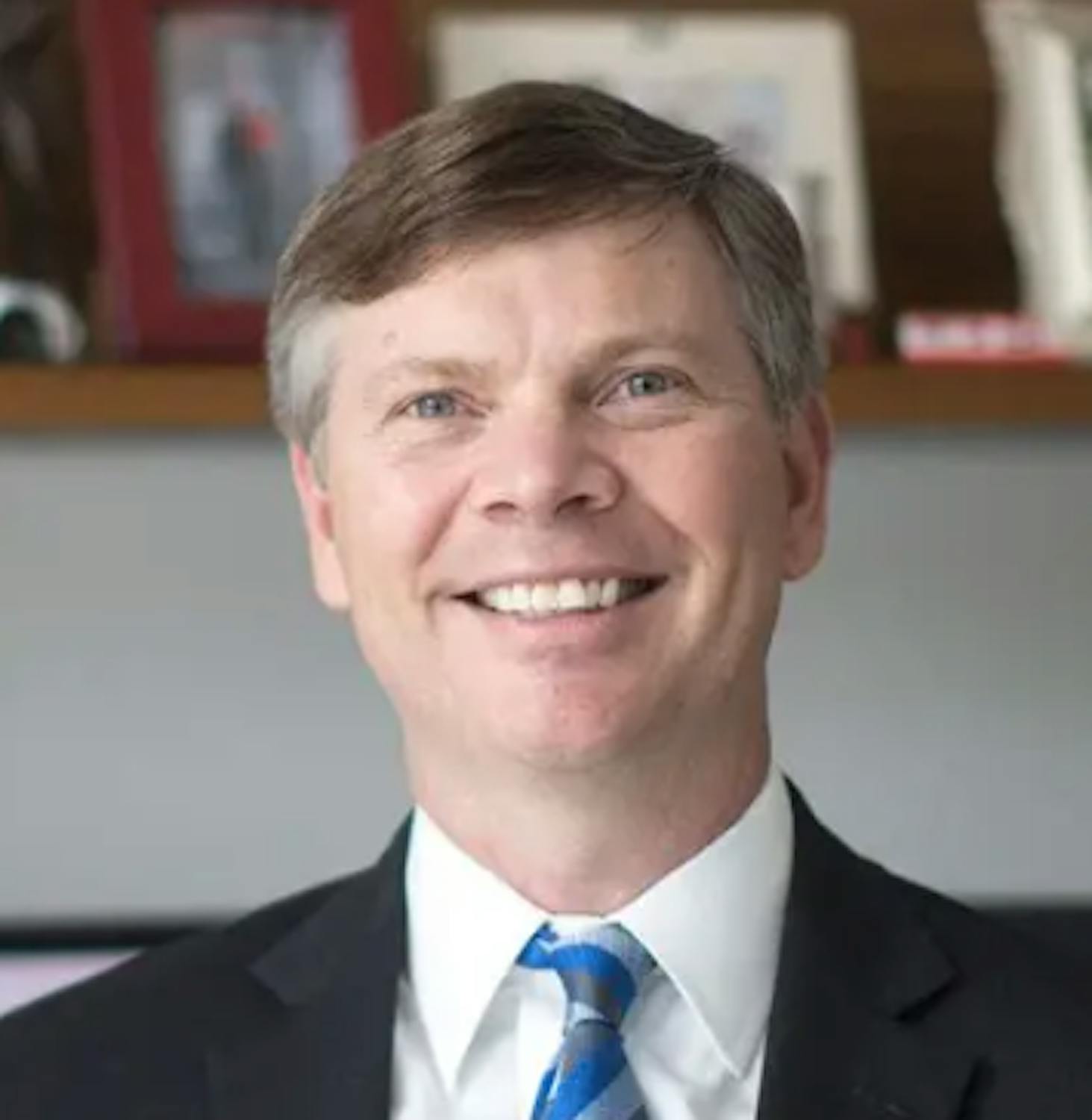
Matt Chase
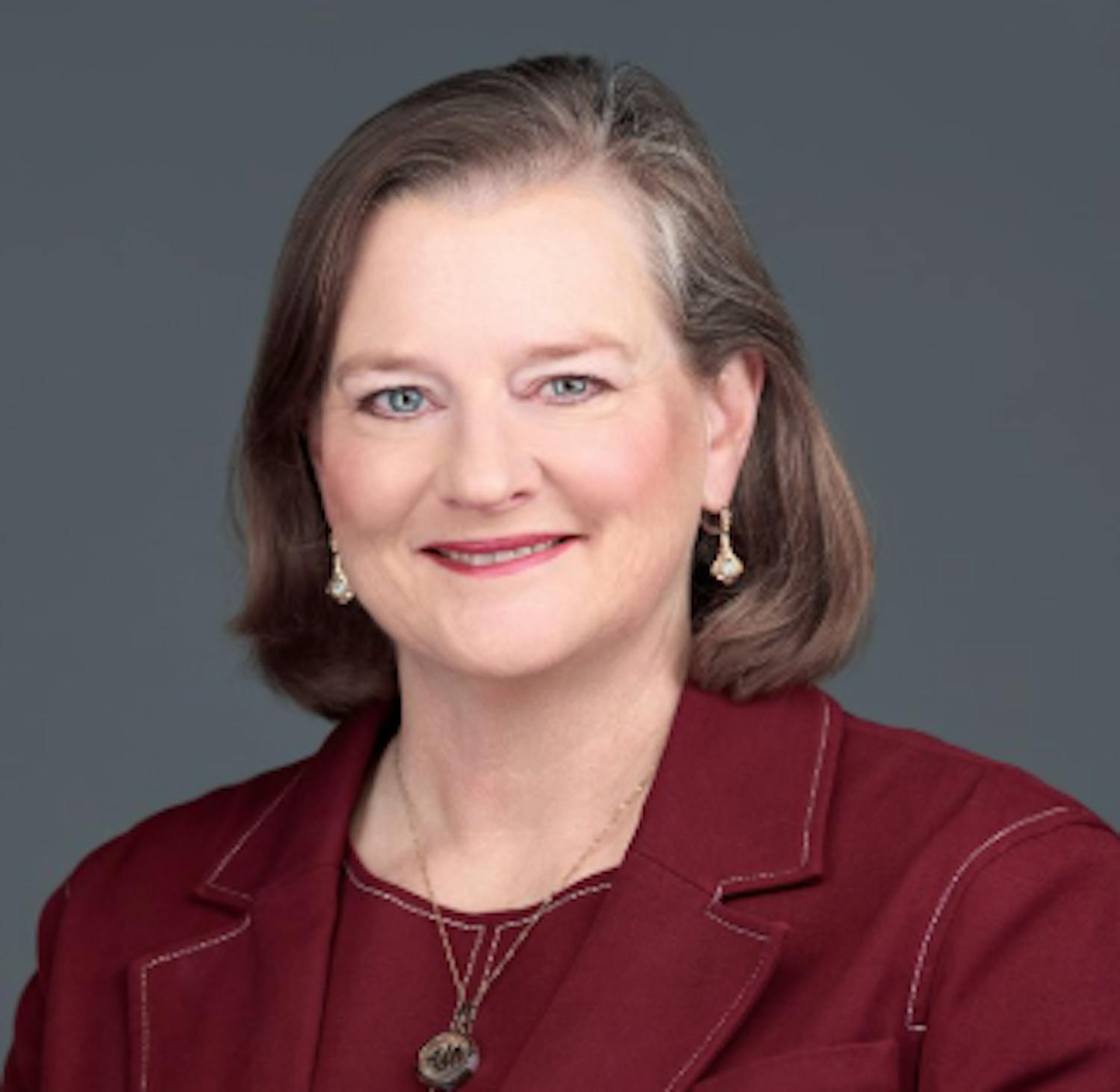
Julia Novak
Update on the Future Shocks Initiative – Building Future Ready Governments
12:00 - 12:15 p.m.
📍 Auditorium
Speaker

Cristina Caballe Fuguet
Lunch
12:15-1:00 p.m.
📍 East and West Courts
Enjoy a catered lunch at the National Academy of Sciences.
Roback Scholarship Awards
1:00 p.m.
📍 Auditorium
The late Academy Fellow, Herbert Roback, was a highly respected public servant. During his 34-year career, he encouraged talented and promising students to consider lifetime careers in the public service. To honor Mr. Roback, his family and friends established the Herbert Roback Scholarship Fund to perpetuate his work.
To fulfill this goal, the Academy annually awards one scholarship up to $7,500 to a graduate student currently enrolled, or admitted for enrollment, in a full-time accredited master’s degree program in public administration, public and international affairs, public policy, and/or political science.
Speakers

Anna Fratsyvir

Jacob Olander
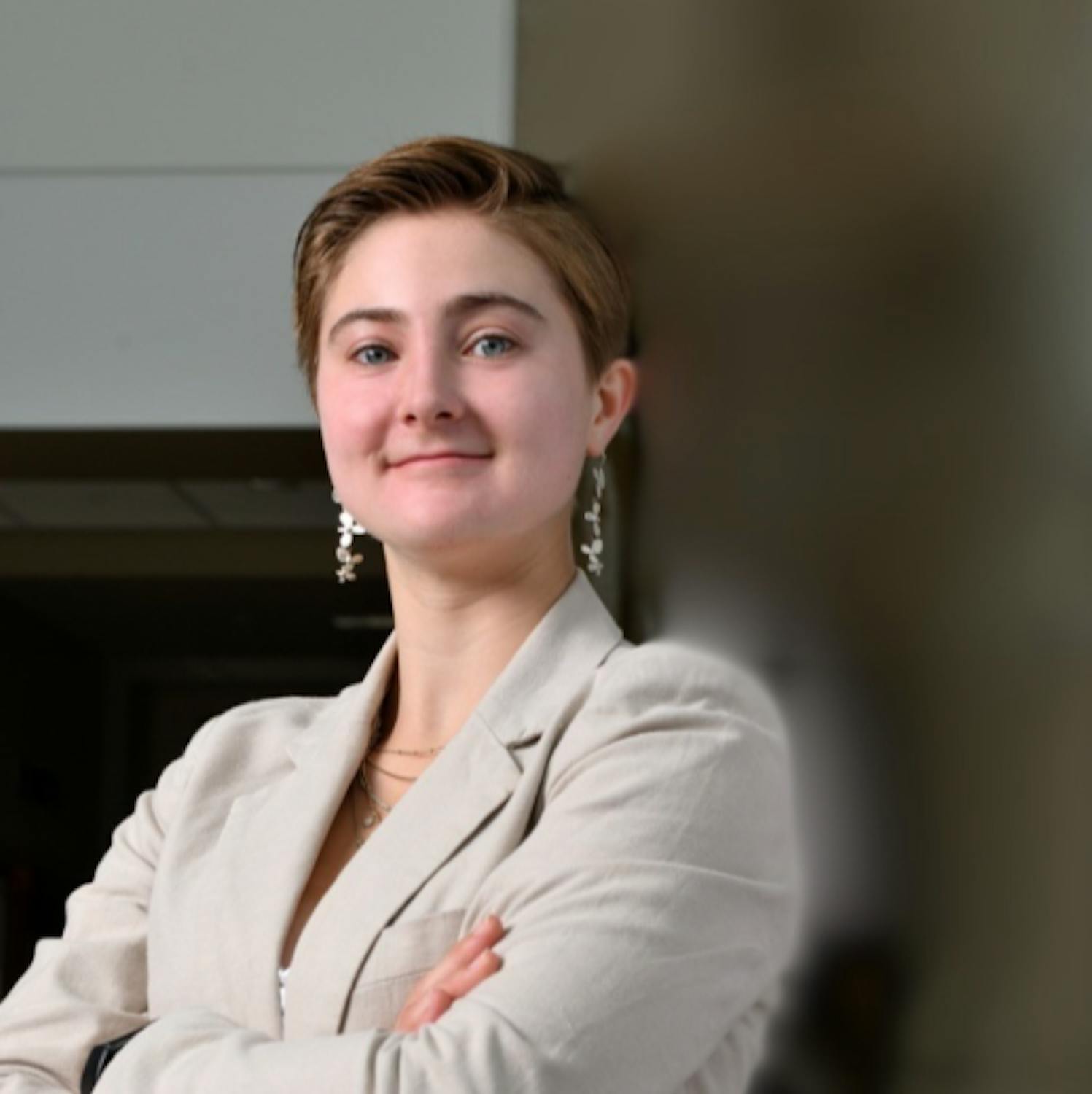
Maren Nicolaysen
Keynote: Redefining Public Service for a Modern Workforce
1:00-1:45 p.m. (Available in-person and via livestream)
📍 Auditorium
Speaker
Global and Domestic Forces Reshaping Governance
2:00–3:15 p.m.
📍 NAS 125
Transforming Public Governance Institutions
2:00–3:15 p.m.
📍Members Room
Speakers

John Kirlin
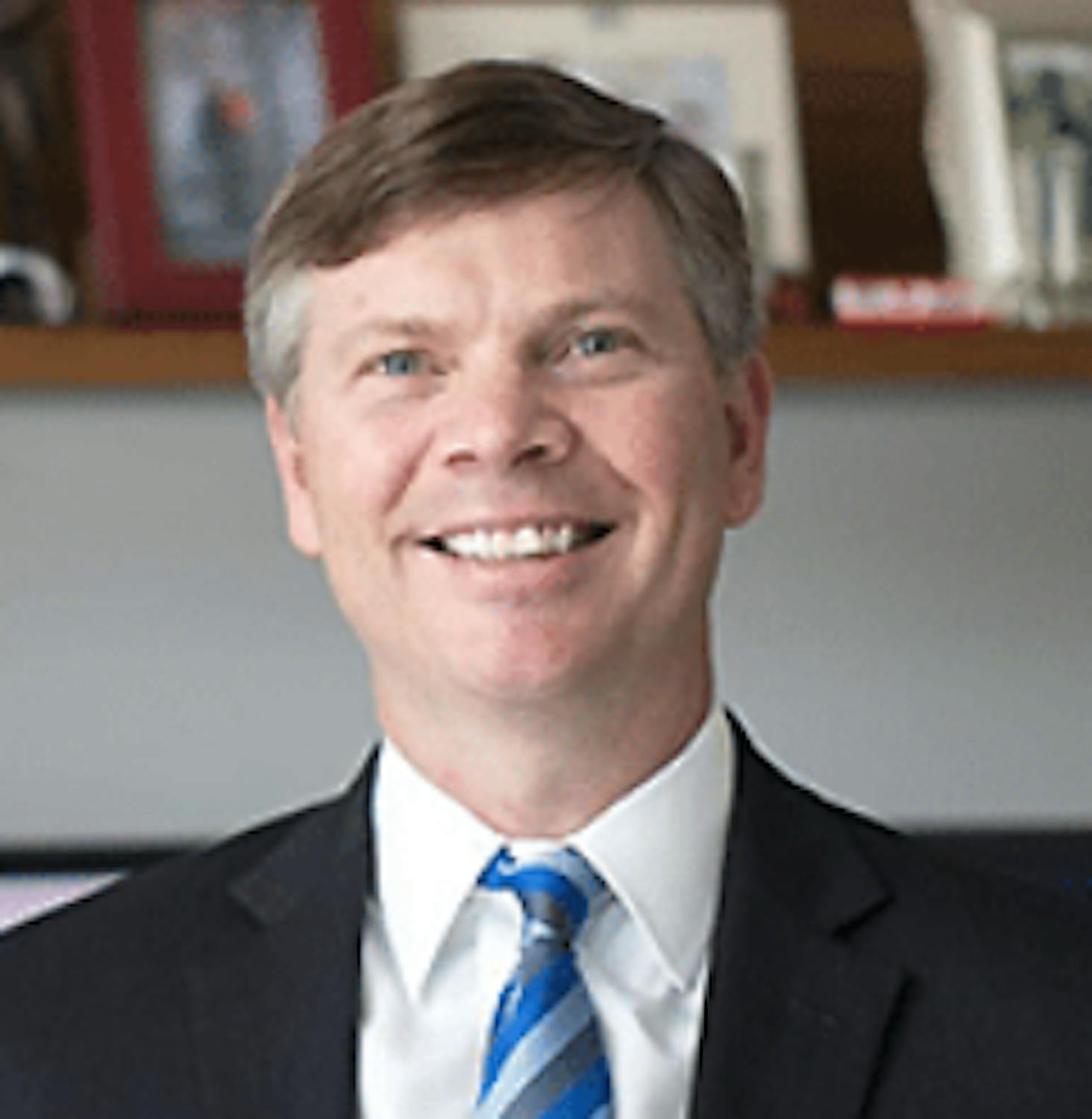
Matt Chase

Chris Morrill

Barbara Dyer
Closed Meeting: Local Government Associations Meeting
3:30-4:45 p.m.
📍West Court (New time and location)
Leading for National Outcomes
3:30–4:45 p.m.
📍Lecture Room
Speakers
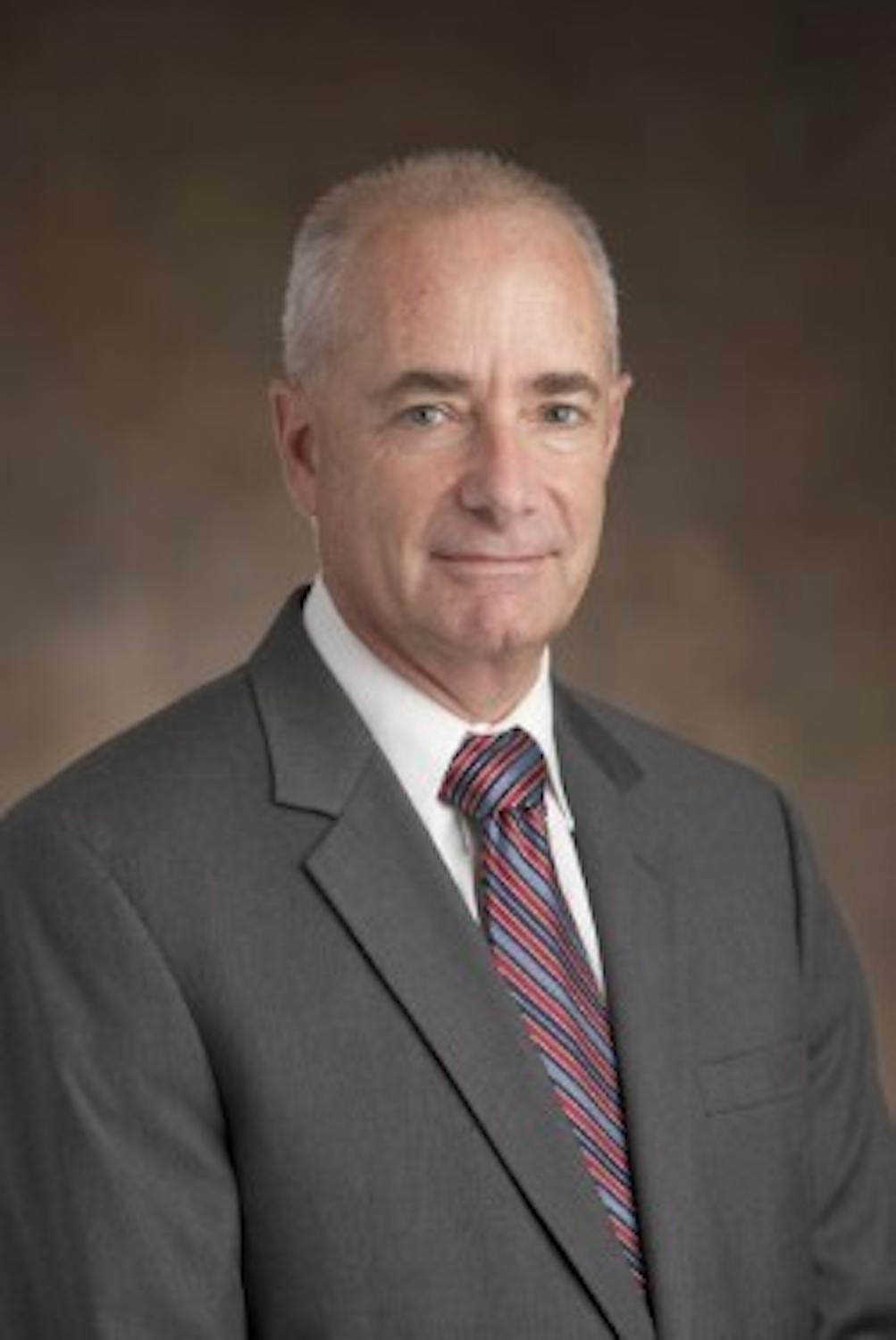
John Chessare
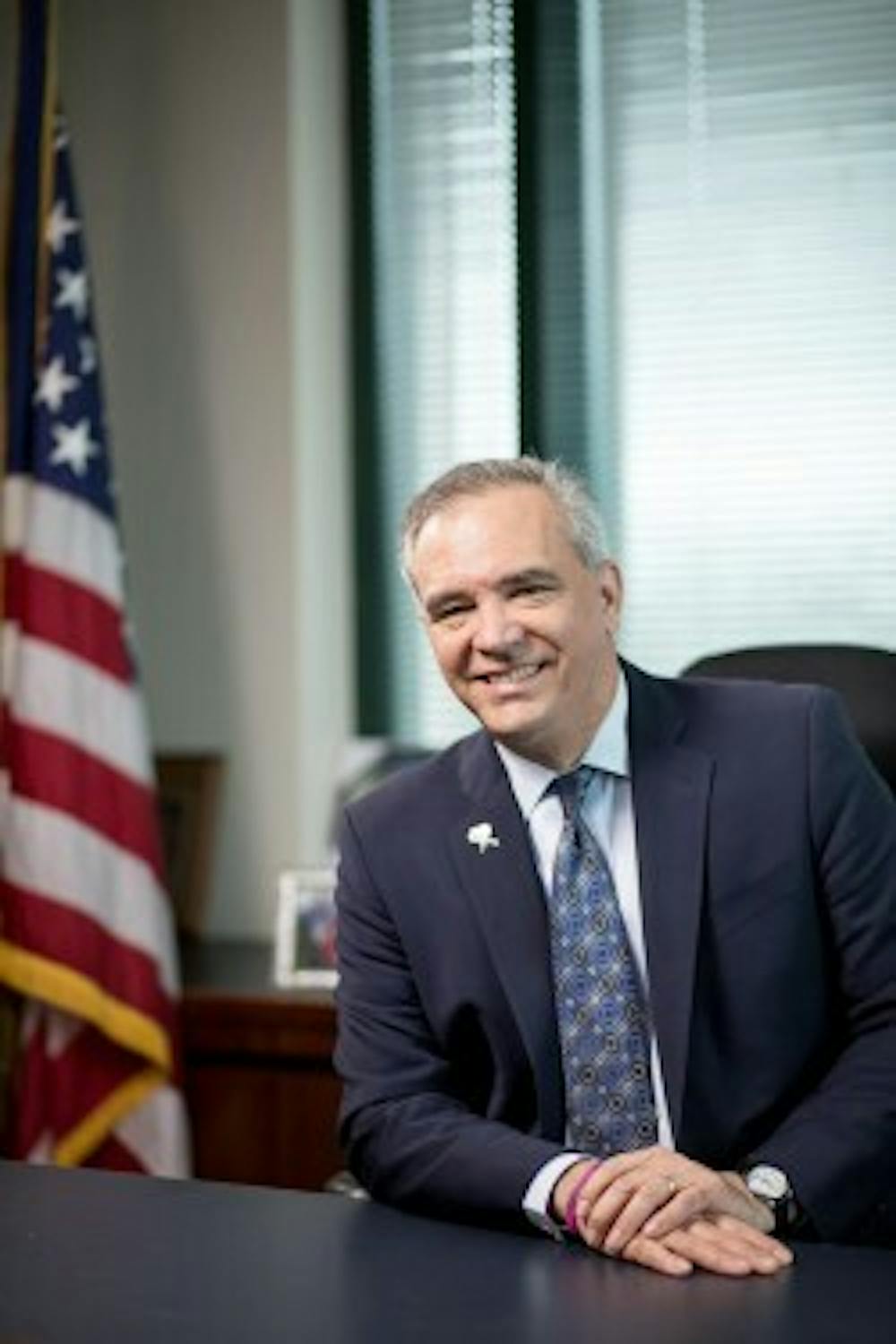
Dennis Wagner
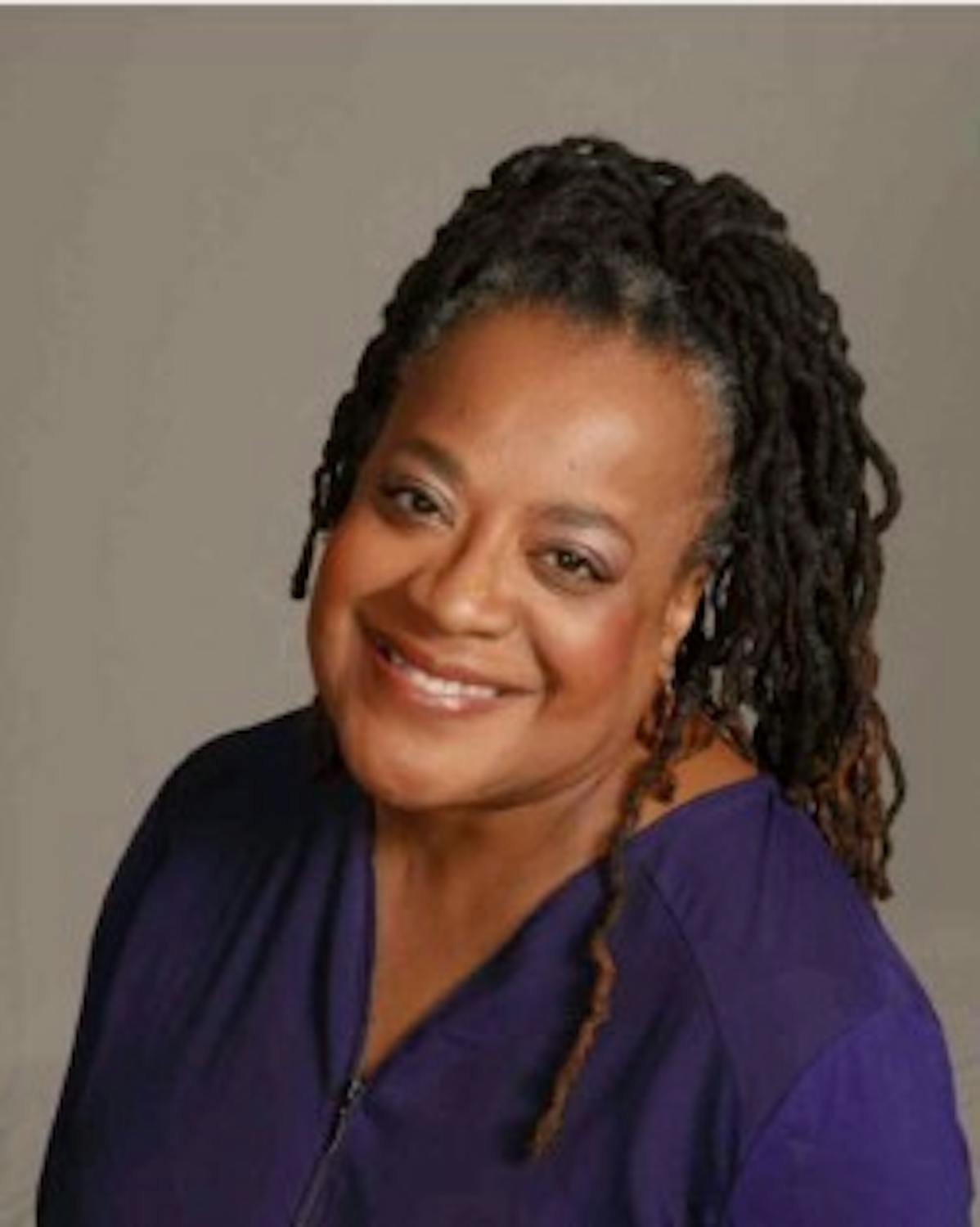
Tracy Enger
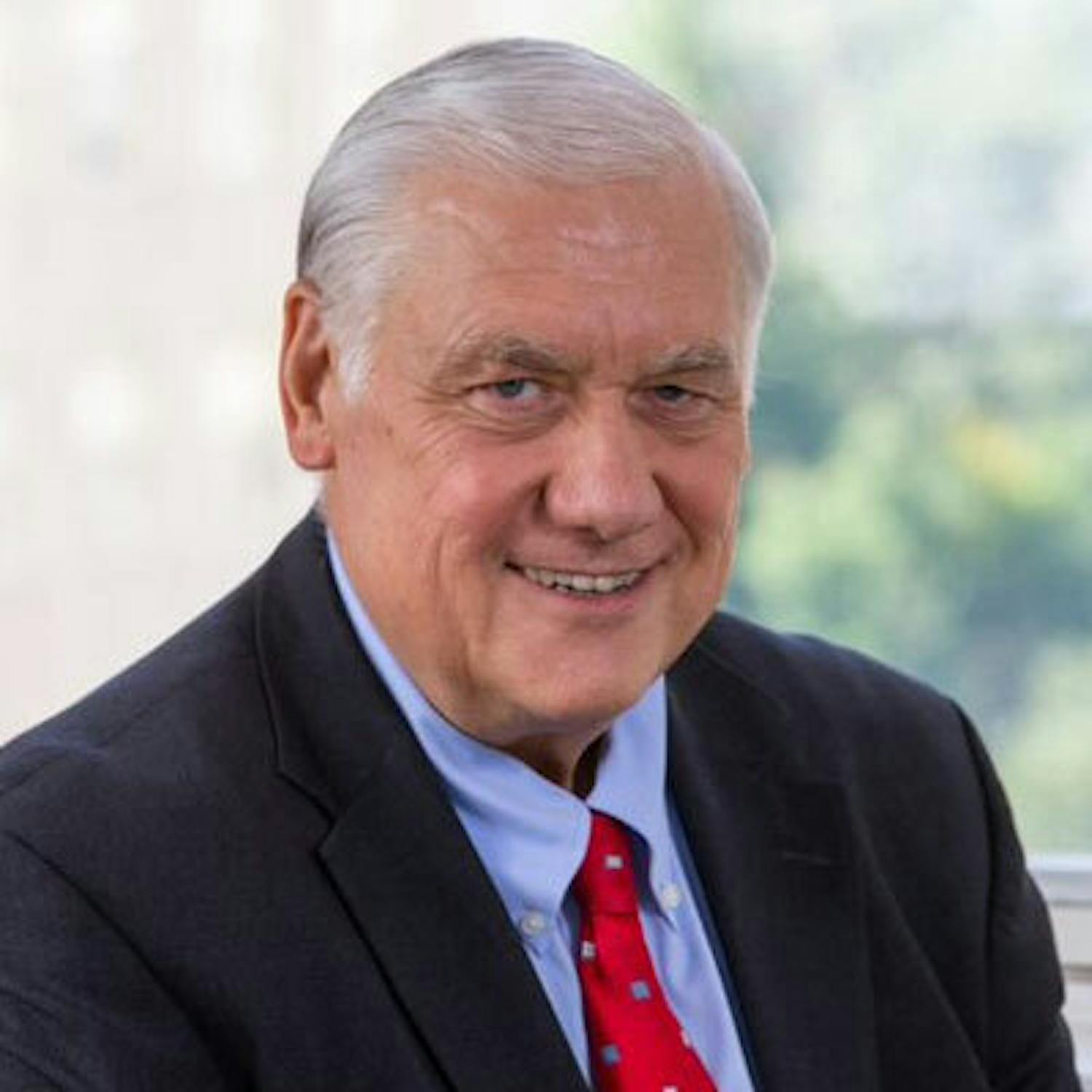
Kenneth W. Kizer
Resilience by Design: Building Systems That Withstand and Adapt
3:30–4:45 p.m.
📍 NAS 125
Speakers

Cristina Caballe Fuguet

Dan Chenok

Joseph Mitchell
Agile Policy: Application and Education
3:30–4:45 p.m.
📍 NAS 120
Speakers

Amanda Mullan
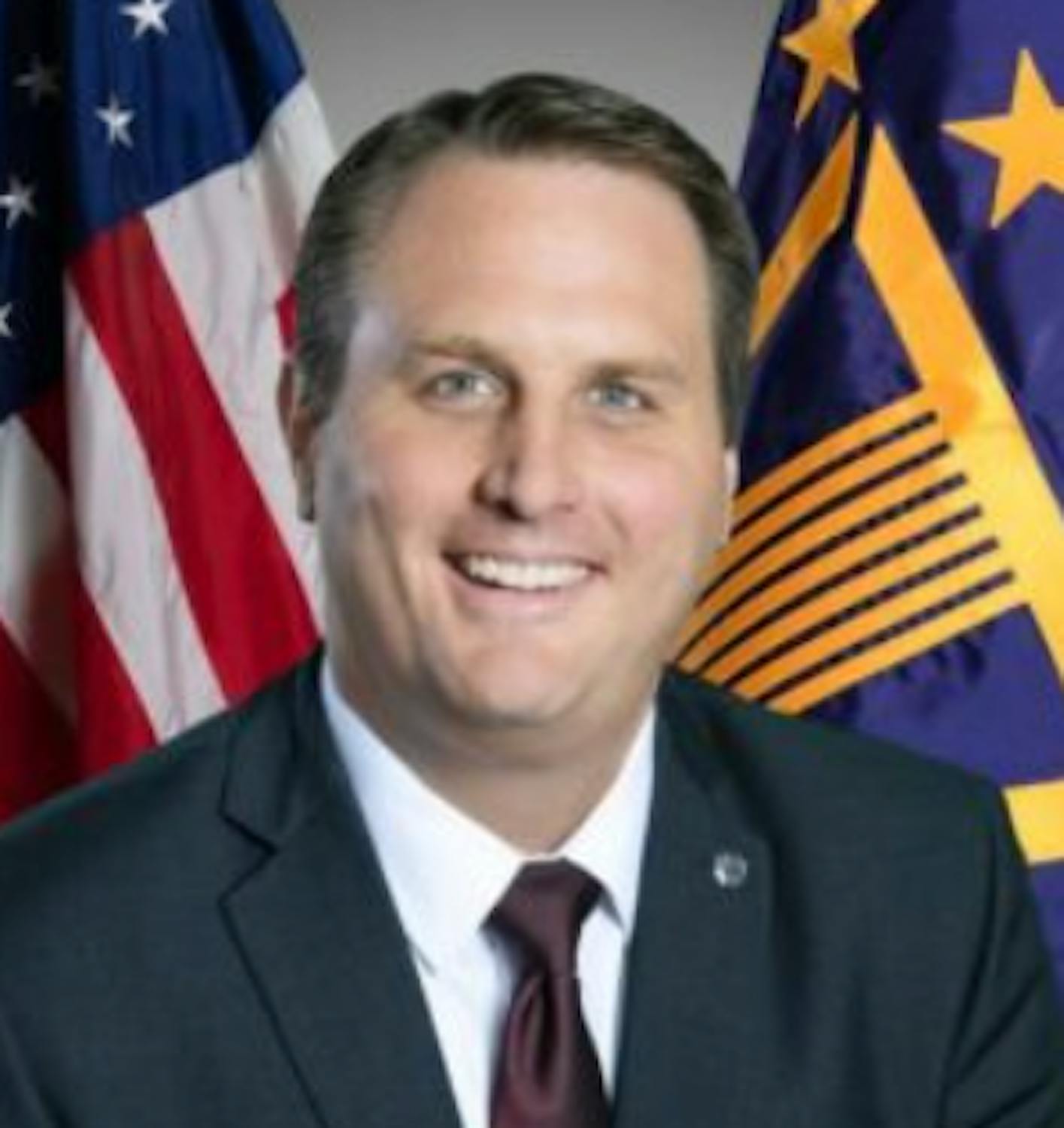
Joel Spangenberg

Rich Callahan

Nancy Augustine
Reform Efforts Through the Years
3:30–4:45 p.m.
📍Members Room
Speakers

Kate Connor

Casey Eilbert
Postdoctoral Fellow, Center for Economy and Society, Johns Hopkins SNF Agora Institute

Casey Eilbert

Jacob Bruggeman
New Fellows Induction
5:00 p.m. (Available in-person and via livestream)
📍Auditorium
Join us in celebrating excellence as we formally induct our newest class of Fellows. The Fellows Induction marks a defining moment in our National Conference, honoring individuals whose contributions have shaped the field of public administration and exemplify the highest standards of leadership and scholarship.
Evening Reception
5:30–6:30 p.m.
📍Great Hall
Evening reception at the National Academy of Sciences.
Continental Breakfast
8:30–9:00 a.m.
📍 Great Hall, National Academy of Sciences - 2101 Constitution Ave. NW, Washington, DC 20418
Plenary Panel: Reimagining Government
8:30–9:30 a.m. (Available in-person and via livestream)
📍Auditorium
Speakers

Norman Ornstein
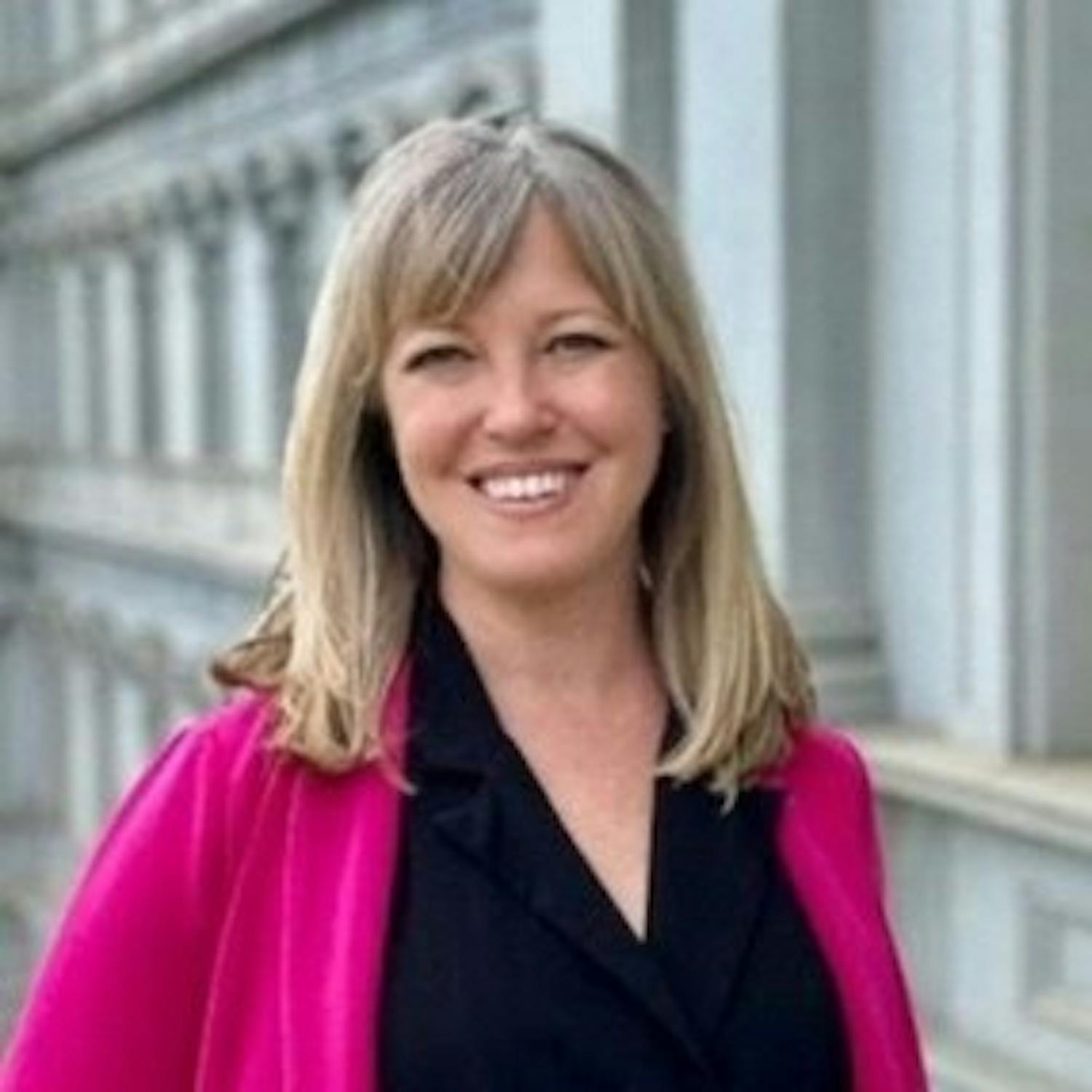
Loren DeJonge Schulman

Mindy Romero

Soren Dayton
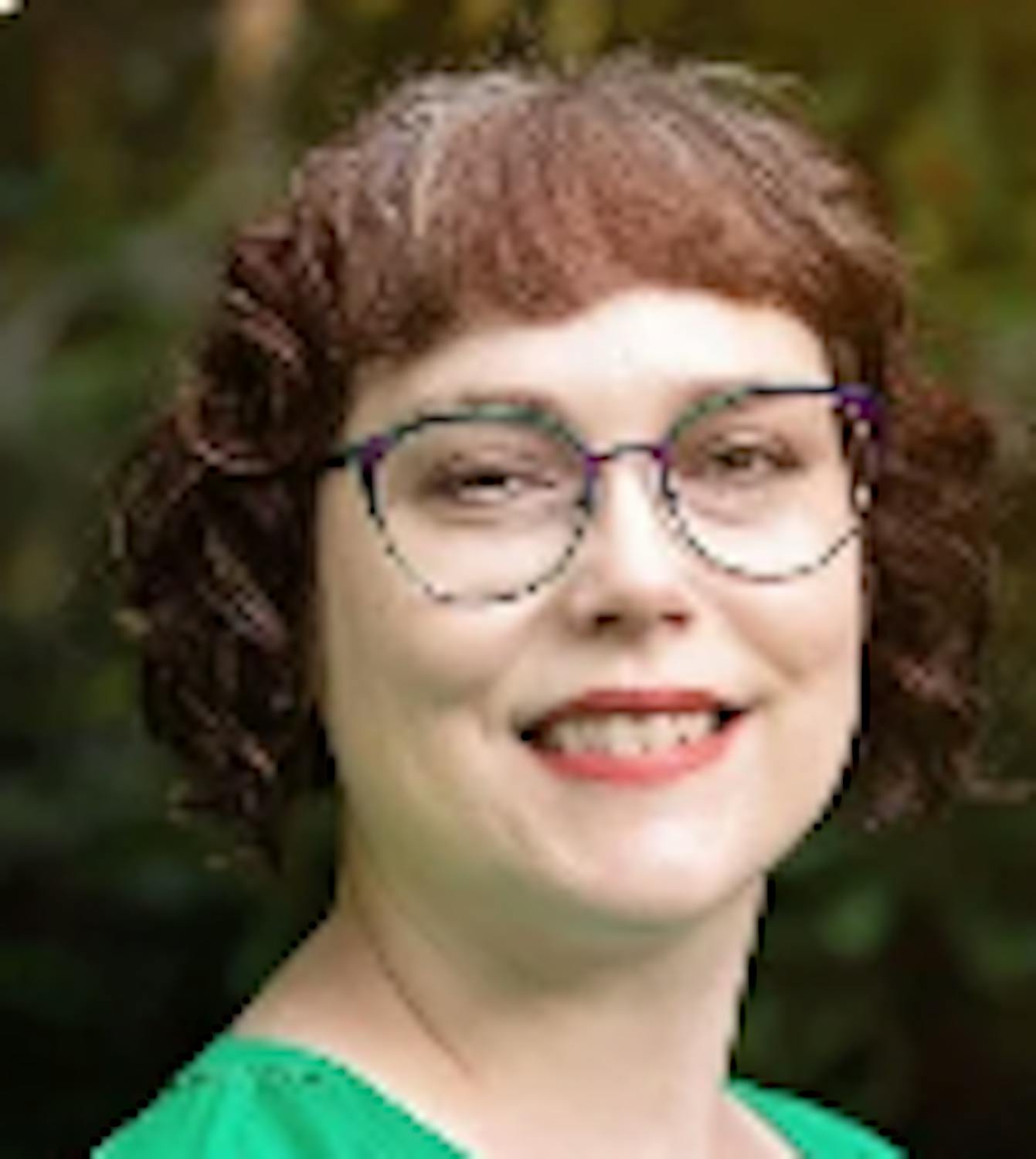
Cecili Wake
Reimagining Government Breakout Rooms
9:30–10:30 a.m.
📍 Lecture Room, NAS 125, NAS 120
As we approach the 250th anniversary of the founding of the United States next year, looking ahead to the next major milestone after that, what could government and public administration in the United States be like in the Tricentennial Year of 2076?
We're all reimagining government, and we want to hear from you. Following the panel, join us for a facilitated, reflective discussion on the future of public administration.
Fellows Forum: Strategic Visioning for the Academy
10:45–11:15 a.m. (Available in-person and via livestream)
📍Auditorium
The Future of Public Administration Education: Impacts of Federal Actions on Academia
11:30 a.m.–12:15 p.m.
📍Lecture Room
How Does Private Sector Interact, Influence and Work with Government?
11:30 a.m.–12:15 p.m.
📍NAS 125
Speaker

Scott Blackburn
The Current State of State and Local Government
11:30 a.m.–12:15 p.m.
📍NAS 120
Speaker

Sharon Kershbaum
Lunch
12:15–1:00 p.m.
📍East and West Courts
Enjoy a catered lunch and closing plenary at the National Academy of Sciences.
George Graham Award for Exceptional Service to the Academy
1:00 p.m.
📍Auditorium
In 2006, the National Academy of Public Administration created the George Graham Award for Exceptional Service to the Academy. This award, named for the National Academy’s first president, recognizes those Fellows who have made a sustained and extraordinary contribution toward the Academy becoming a stronger and more respected organization.
Speaker
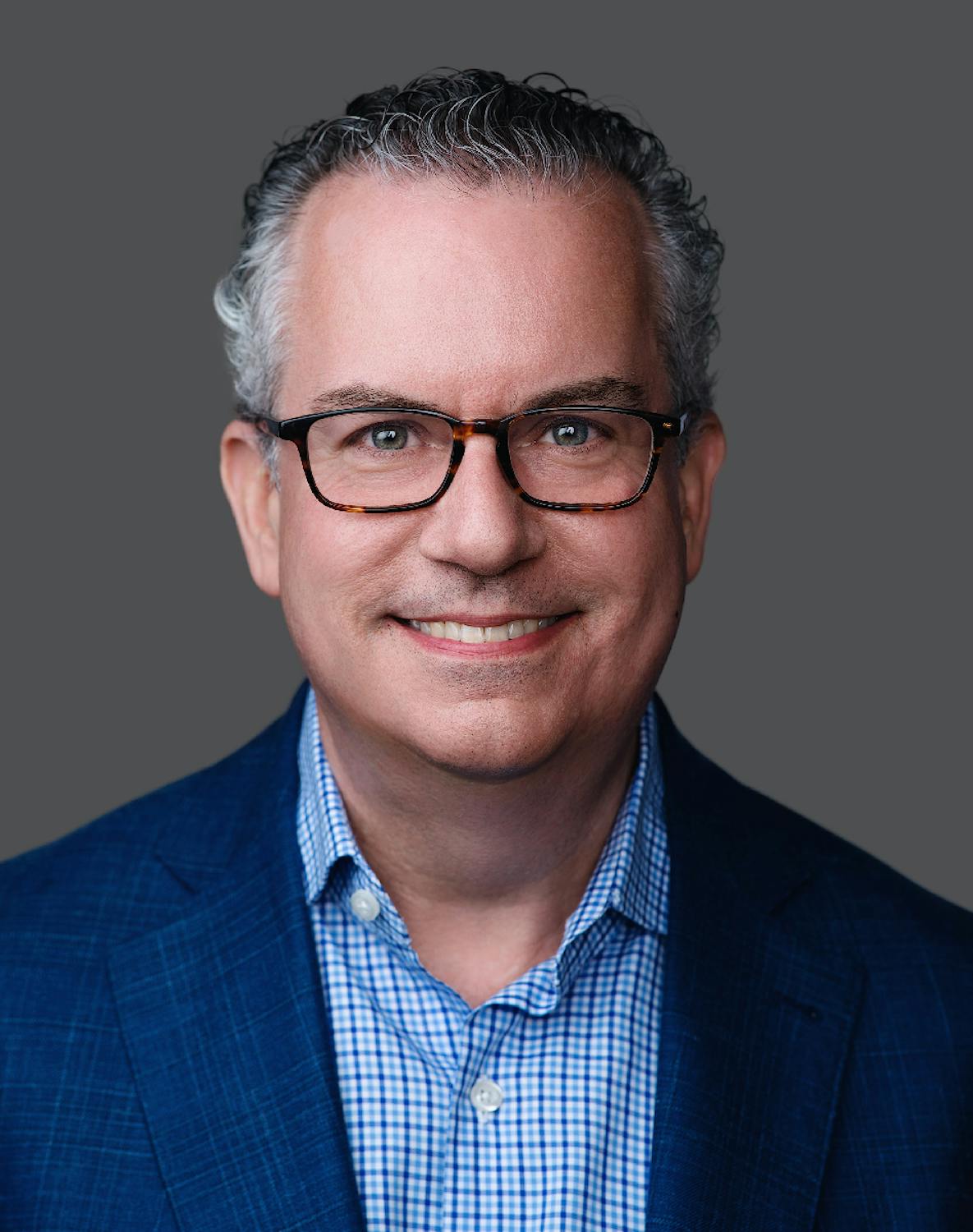
Stories of Service: Reflections on Purpose, Progress, and the Path Ahead
1:00-1:30 p.m. (Available in-person and via livestream)
📍Auditorium
Speakers

Daniel Werfel
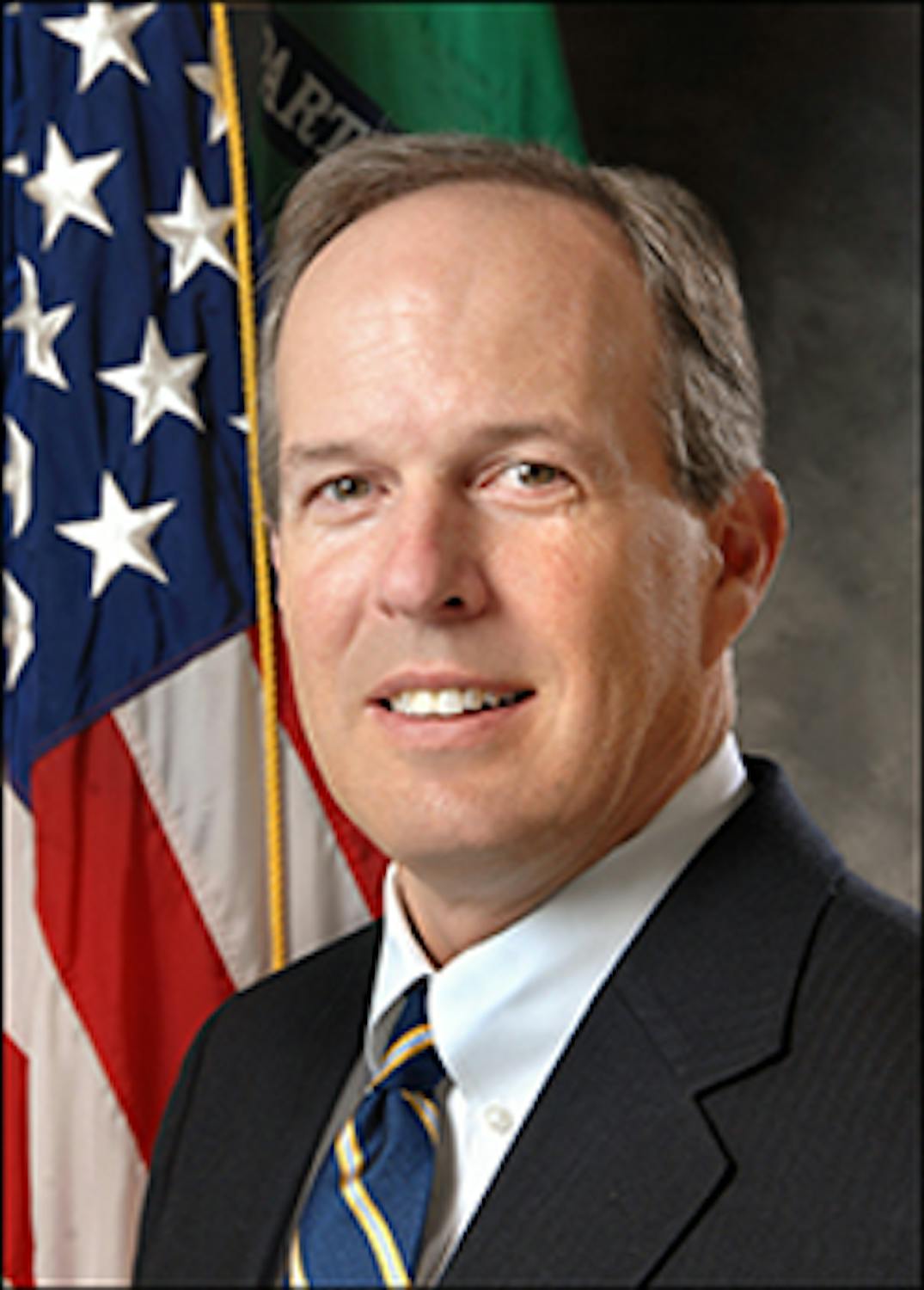
David Lebryk

Basil Gooden

Victoria Wassmer

Katie Malague
Academy Standing Panel Meetings
1:45–3:00 p.m.
Technology Leadership Standing Panel
The Technology Leadership Panel examines the latest trends in technology leadership, management, and governance for all levels of government. The group’s mission is to assess technology initiatives designed to improve government performance.
Standing Panel on Social Equity in Governance
The Standing Panel on Social Equity in Governance focuses on issues of fairness, justice, and equity in a variety of public contexts, including, but not limited to education, policing, welfare, housing, and transportation.
Standing Panel on Public Service
The Standing Panel on Public Service focuses on strengthening policies, systems, and practices for enhancing workforce success in achieving public agency goals.
Standing Panel on International Affairs
The Standing Panel on International Affairs works with global counterparts (scholars, practitioners, institutions) to develop learning from comparing approaches to common "local" impacts of common 21st-century global challenges.
Standing Panel on Executive Organization and Management
The Standing Panel on Executive Organization and Management (EOM) is the Academy’s oldest and longest-serving standing panel. The Panel focuses on improving the structure, capacity, management, and performance of public institutions.
Standing Panel on Intergovernmental Systems
The Standing Panel on Intergovernmental Systems discusses, researches, analyzes, and takes action to improve the intergovernmental delivery of benefits and services. It also considers challenges and issues related to the U.S. federal system and intergovernmental relations.
Strengthening the Federal Data Ecosystem
1:45–3:00 p.m.
📍Board Room
Join the Technology Leadership Standing Panel for "Strengthening the Federal Data Ecosystem"
Since taking office, President Trump and his administration have implemented numerous changes to federal statistical and data systems and proposed additional changes. These disruptions pose a challenge for both data providers and data users. However, while it’s critical to respond to ongoing events, as many organizations are doing now, it’s equally important to take a long view. This discussion will address the question: How can we ensure the future of essential data while also improving, rethinking, or discontinuing data collections and processes that aren’t working well?
Speakers
Current State of Equity
1:45–3:00 p.m.
📍NAS 125
The Social Equity Standing Panel's session will commence with a brief welcome and panel update. Following this, Professor Samuel Myers, Jr. of the Humphries School of Public Affairs, will share his reflections on the current state of equity in this political climate.
Update from the Standing Panel on International Affairs
1:45–3:00 p.m.
📍NAS 118
Join the Standing Panel on International Affairs for a review of its ongoing work, including:
- Comparing and sharing learning on adaptation to increasing and increasingly extreme impacts of climate change: The Panel continues its work, begun initially with Australia, China, and US colleagues in 2021 with the Fudan Institute for Global Public Policy, to develop frameworks for local/regional governance of climate impacts. The initial report, with co-authors from over a dozen universities and research centers, is on the Panel website. The next steps include a webinar series with Monash University (see the Panel website), case study workshops in the US and China to learn from comparing coastal region approaches in cooperation with the California China Climate Institute (CCCI) (based at U C Berkeley) and cooperation with China and global colleagues engaged in testing the application of AI to local/region climate adaptation governance.
- Deepening and broadening further learning on 21st century global challenges: including (1) NAPA Fellow Evan Berman's work organizing a Panel discussion, with participants from all continents, on comparative national development planning, and follow-up journal special issue (2) NAPA Fellow Alfred Ho's work co organizing with the European Group for Organization Studies a project on comparative learning for current global challenges; and (3) discussion with Fudan University/London School of Economics Institute for Global Public Policy colleagues of a possible workshop on the state of comparative governance scholarship in this time of change.
- Developing understanding of the evolving protocols for comparative learning in public administration/management/governance: Exploring how to advance research and protocols for international cooperation.
Standing Panel on Public Service
1:45-3:00 p.m.
📍Members Room Business Meeting
Standing Panel on Executive Organization and Management
1:45–3:00 p.m.
📍NAS 120 Business Meeting
Standing Panel on Intergovernmental Systems
1:45–3:00 p.m.
📍Lecture Room
Outgoing co-chairs Mark Pisano and Shelley Metzenbaum will share ideas on how Fellows can help NAPA strengthen its role as a change agent. Examples include distributing the Academy's work, raising its profile, identifying partners to pursue grants together, or finding financial support for projects. The co-chairs will also discuss:
- Collaborating with the International Standing Panel to transform government approaches to climate change.
- Advancing work on communications, public understanding of government, intergovernmental arrangements, grants and data management, and performance improvement platforms.
All Standing Panel members are invited to contribute ideas for how the Panel can drive positive change. Please let Mark or Shelley know by October 30 if there’s a topic you’d like to discuss.


































